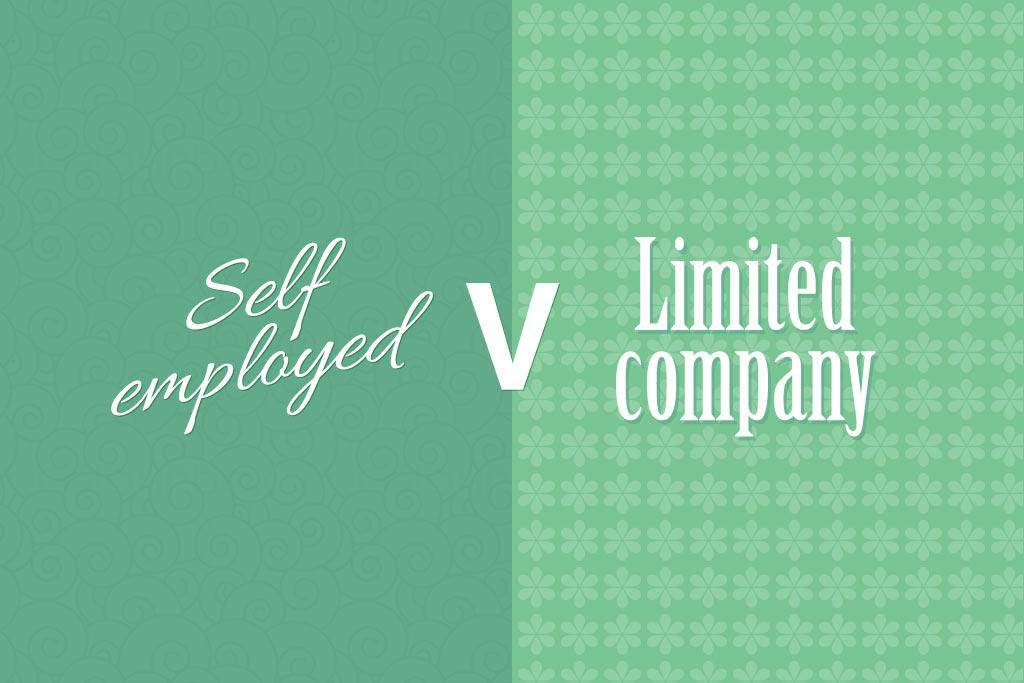Three words you should never use to describe your work
Are you guilty of using these three words – and underselling yourself, your work and your business?
The other day we were at a networking event with a friend who owns a successful, growing bakery business. She supplies cakes to two international airlines and is in talks with one of the big supermarket chains. But when someone asked her what she did, she replied that she ‘just’ had a ‘little’ baking company.
The more career, freelance and business mums we talk to, the more we hear words like ‘just’, little’ and ‘only’ used to describe what they do. Three small words that may seem innocent, but are in fact powerful and dangerous. Words that are used more by women than by men – and that have the potential to limit and diminish your potential and success.
Why you’re not just, little or only
All too often, talented, successful, highly experienced working or business mums tell people they “only work part time”, “just do a bit of freelance from home” or “run a little business”.
But they don’t. The flexible mum juggles the demands of her family while pursuing her career. The freelancer balances her work from home while being there for her children. And the busy entrepreneurial mother has succeeded in turning her passion and skills into a business.
As ambitious, intelligent and talented women, our achievements are laudable. As mums they’re often verging on amazing. And we should be justifiably proud of them.
Why words are more dangerous than you think
It’s easy to think words don’t matter much – we’ve all heard the expression sticks and stones may break my bones, but words will never hurt me. But that’s very wrong. The wrong words, used at the wrong time can be incredibly damaging; especially when you’re talking about your own achievements.
Next time you find yourself telling someone you’re ‘just a designer’, ‘only recently qualified’, or ‘working on a little project’, stop and think what that’s saying to them. That your products or services are not worth paying much (if anything) for? That you’re not really a professional? That they’re wrong to see potential or value in you?
In the brilliant book Influence, the psychology of persuasion, Robert Cialdini demonstrates the importance of perceived value. He explains how a gift shop owner was having trouble selling some jewellery. When she went away on a trip, she left instructions for the price of the jewellery to be halved, but her staff misread her note and doubled the price.
But rather than put off customers, when the shop owner returned, she discovered that all the jewellery had been sold. The lesson? That the customers perceived objects that were expensive as better and more desirable – and bought them.
If you diminish your value, people won’t buy from you or hire you
Don’t worry, we’re not telling you to double your prices! Instead, we want to show you that if you diminish the perceived value of your services and products by being too modest or putting yourself down, your customers and clients may decide not to buy – seeing them as somehow less worthy. Or an employer won’t hire you, or give a prestigious project or promotion to you.
So instead of apologising for your achievements, confidently tell people ‘I’m a qualified life coach’, ‘I run a business from home’ or ‘I’m a freelance planner’.
It’s not arrogance or ‘getting above yourself’. It’s being confident and proud of who you are and what you’re doing. If you value what you do – and demonstrate that in how you talk about yourself – others will too.
You need to send the right message to YOURSELF too
It’s not just the message you’re giving out that matters, either; the message you’re sending yourself is just as important.
Managing a flexible job, starting a business or launching a freelance career while juggling the needs of a family takes a lot of determination and often hard work. There will be occasions when you’ll need to dig deep for the motivation to get a job finished on schedule or take the next step forward to build your business.
And that motivation will often be fuelled by the belief that you’re doing the right thing, that the effort is worth it and you’re worthy of success.
The words you choose to describe your efforts have just as powerful an effect on you as they do your potential customers. If your inner message to yourself is that you’re ‘only’ having a go at a ‘little’ business, what’s going to drive you forward to achieve? What will push you to get up at 5am to finish an order? Or give you the confidence to call a potential new client and discuss terms with them?
As harmless you may think the words you speak are, your brain feels differently, and absorbs the messages you’re sending yourself.
When you speak confidently about yourself YOU change
When you speak confidently about yourself and your achievements, your body language and tone of voice changes – and the inner message you are receiving is more positive and empowering. The words you speak reflect how you truly feel about what you do.
So next time someone asks you what you do, you can look them firmly in the eye, smile and tell them exactly what you have achieved, with no ‘just’, ‘little’ or ‘only’. After all, how can anyone else take your career or business seriously if you don’t?










